
Europe’s air traffic rebalance: Central and Eastern markets take the lead
Central and Eastern Europe emerge as the engine of the European aviation traffic.

Central and Eastern Europe emerge as the engine of the European aviation traffic.
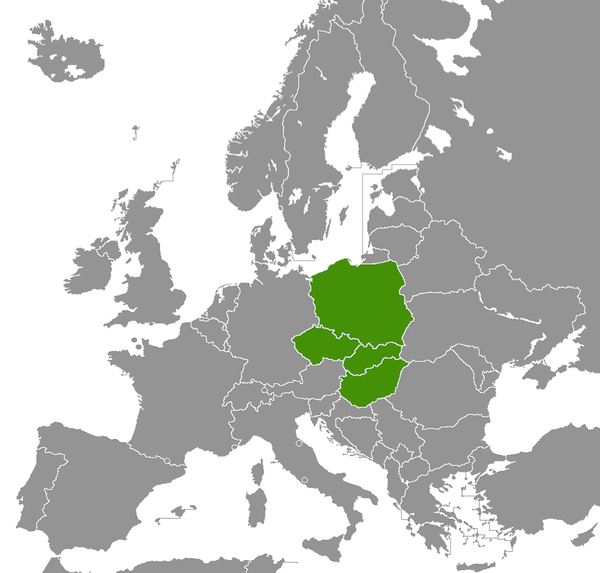
Debates on Roma communities have resurfaced regionally, amid controversy in Hungary, policy debates in Slovenia and politicization in Czechia, Slovakia.
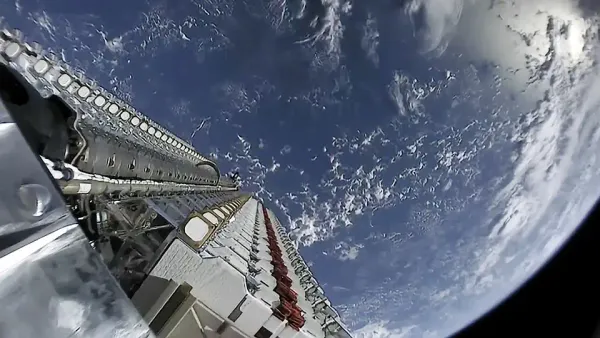
The media worldwide has picked up on the sharp exchange between Elon Musk and the Polish Foreign Minister regarding the war in Ukraine.
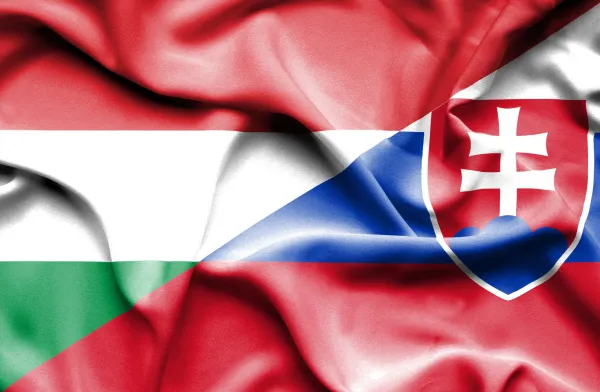
The issue of the Beneš Decree and the related Slovak–Hungarian disagreement have now appeared on the regional and European agenda as well.
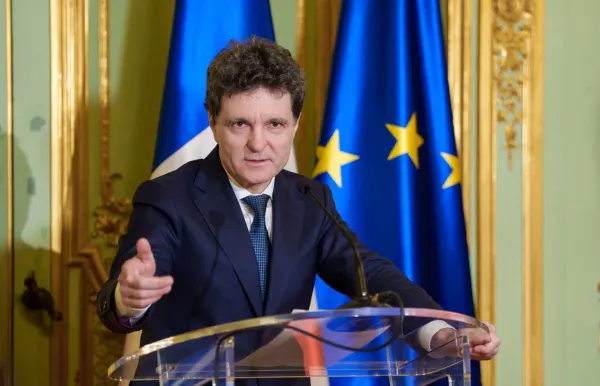
Nicușor Dan said the United States remained a vital strategic partner for Romania’s security.
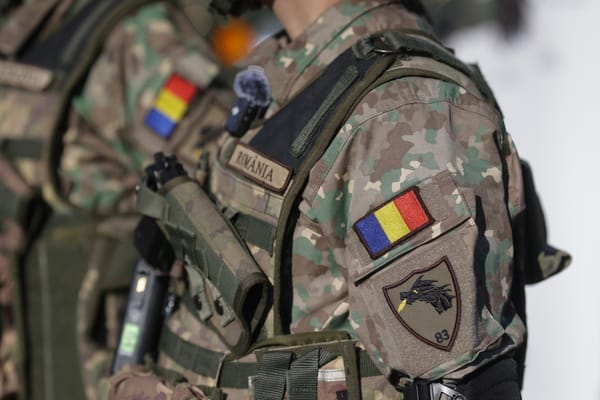
Romania’s Ministry of Defence has requested a record budget for 2026, seeking 57 billion lei in direct allocations.
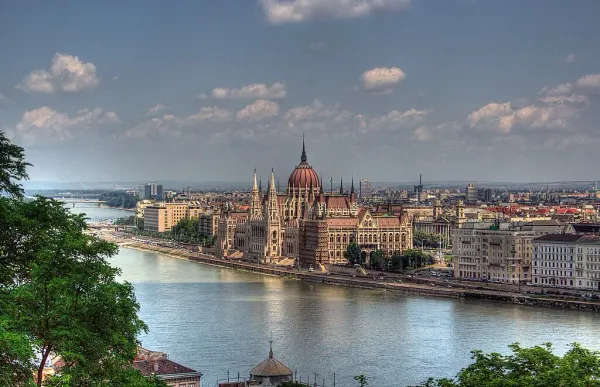
While Hungary expressed enthusiastic support, several major European powers rejected Trump’s latest initiative, the so-called Board of Peace.
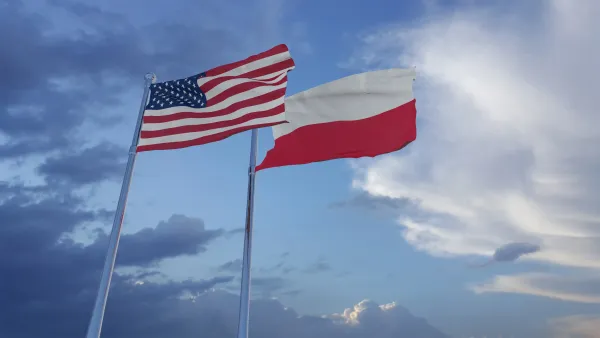
In Poland, many fear the country could be caught between two fires if the United States were to take concrete steps toward acquiring Greenland.
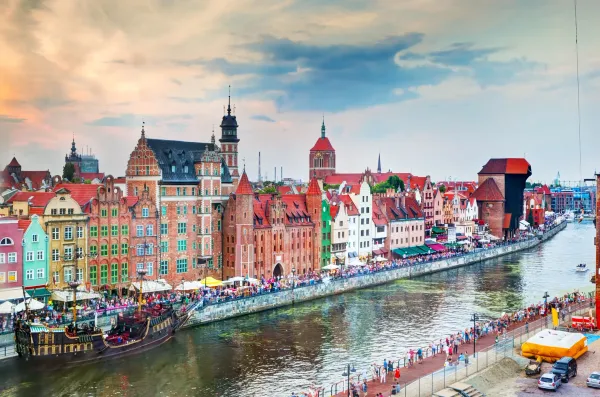
Fiscal autonomy and access to EU funds allow Polish cities to develop dynamically, while Budapest and other Hungarian cities are constrained by the solidarity contribution.
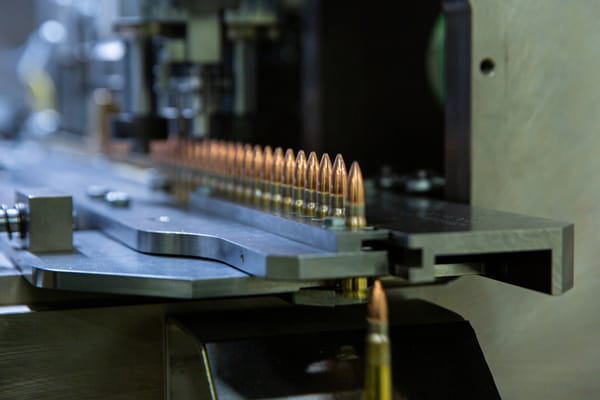
Contrary to initial interpretations, Czech ammunition deliveries to Ukraine have not been suspended and are continuing.
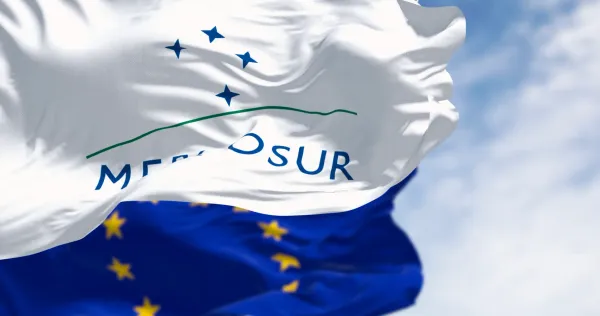
Only Poland has strong structural reasons for concern, while Hungary, Czechia and Slovakia stand to benefit from expanded industrial exports.

Using fake advertisements featuring real public figures, they defrauded hundreds of people, in some cases of sums running into several million.
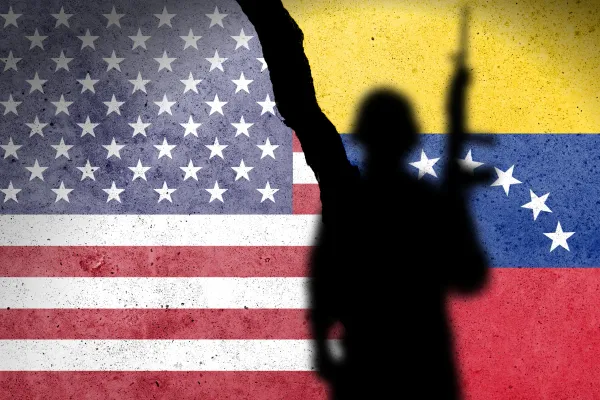
The aftermath of Trump’s Venezuela move remains unclear, but CEE states are likely to be impacted indirectly by oil prices and EU sanctions.

Can CEE develop a realistic policy response that shields the region from Europe’s structural decline?
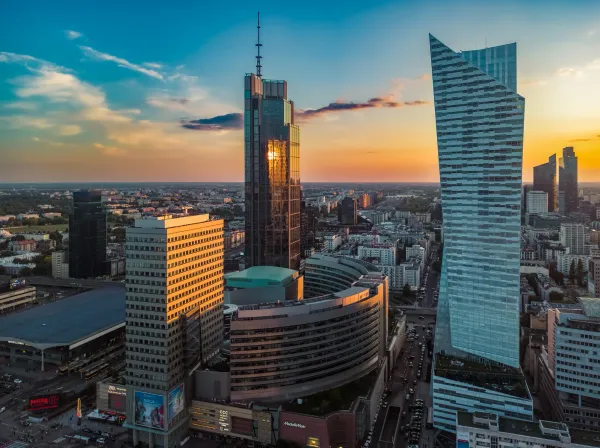
Poland’s economic success lies in consistent reforms and smart EU fund use, while Hungary and Romania followed more volatile development paths.